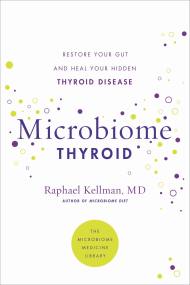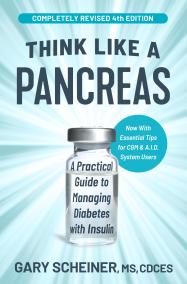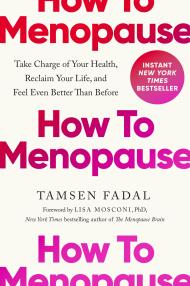By clicking “Accept,” you agree to the use of cookies and similar technologies on your device as set forth in our Cookie Policy and our Privacy Policy. Please note that certain cookies are essential for this website to function properly and do not require user consent to be deployed.
Healing Your Thyroid Naturally
Dr. Emily Lipinski's Comprehensive Guide
Contributors
Formats and Prices
- On Sale
- Dec 22, 2020
- Page Count
- 368 pages
- Publisher
- Balance
- ISBN-13
- 9780306873645
Price
$19.99Price
$25.99 CADFormat
Format:
- Trade Paperback $19.99 $25.99 CAD
- ebook $12.99 $16.99 CAD
- Audiobook Download (Unabridged) $27.99
This item is a preorder. Your payment method will be charged immediately, and the product is expected to ship on or around December 22, 2020. This date is subject to change due to shipping delays beyond our control.
Buy from Other Retailers:
Emily Lipinski is a Doctor of Naturopathic Medicine; she also has thyroid disease. She struggled for years to get a correct diagnosis and then to control her symptoms. Through devoting herself to research, and working with her own patients, she found that healing the thyroid requires much more than prescription medication. A no-nonsense companion for the millions of thyroid disease sufferers, Healing Your Thyroid Naturally incorporates the latest research in thyroid health while also offering a practical plan. Starting with an easy-to-grasp “Thyroid 101” chapter, Dr. Lipinski highlights many topics that are integral to understanding thyroid health, including:
- An overview of key tests and medications
- Surprising sources of thyroid toxicity-and what to do about them
- How some of the biggest health trends pertain to thyroid health, including: intermittent fasting, the keto diet, and CBD use, as well as herbs and supplements
- cutting edge treatments and therapies
Newsletter Signup
By clicking ‘Sign Up,’ I acknowledge that I have read and agree to Hachette Book Group’s Privacy Policy and Terms of Use






